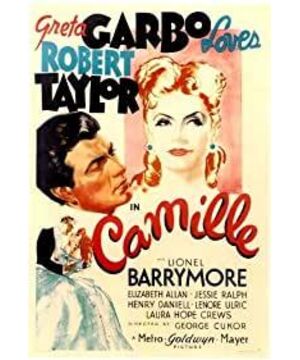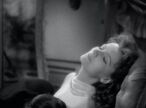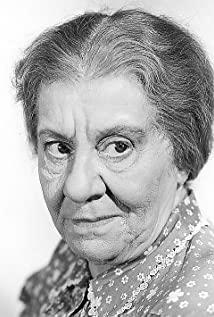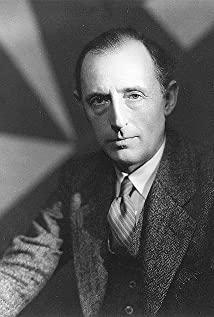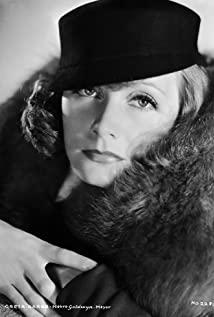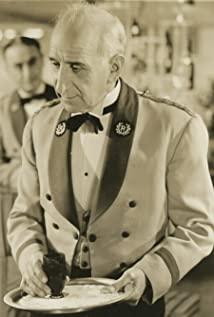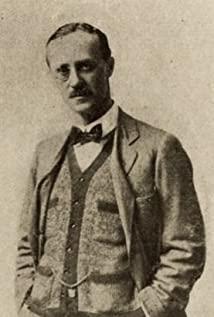I watched it on the train a year ago, and today's film critic writing class teacher brought it up and discussed it. I watched this first because I watched Garbo's "The Queen of Sweden" and was amazed by her elegant temperament, but when she came to "La Traviata", she felt that her temperament in it was too rigid, and it didn't eat human fireworks. The La Traviata I imagined should have some "Madame Bovary" temperament, but more detached. In addition, it was mentioned in class that the film is completely based on the setting of Garbo as a star actor, which is the customary style of early Hollywood. Personally, this makes the film a bit top-heavy, sacrificing the narrative for the characters; and behind the smooth narrative that Hollywood movies have always had, there may also be a greater danger hidden, that is, the discipline that the film may exist as a kind of expressive visual art color. Compared to words, images are undoubtedly more engaging and less thought-provoking, and its smooth narrative can easily fall into some kind of mainstream collusion. (Entertainment to Death...?) So, is the New Wave based on a rebellion against this collusion and narrative danger?
View more about Camille reviews


